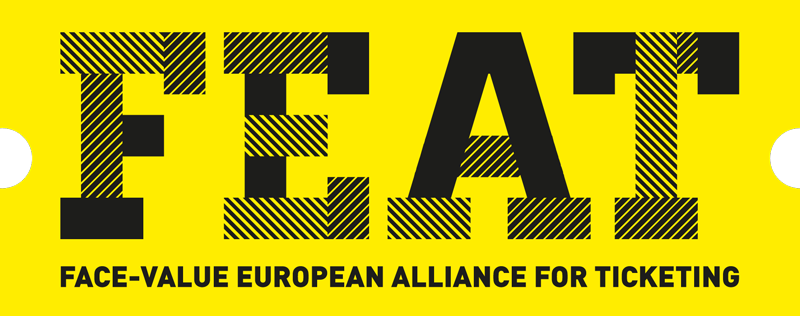The Face-value European Alliance for Ticketing welcomes news that the European Parliament has voted to approve a new Regulation to better tackle online harms — the Digital Services Act (DSA) — with with 539 votes in favour, 54 votes against and 30 abstentions.
The new rules will help prevent abuses on online marketplaces, including ticket resale sites. They include measures to ensure professional sellers are identifiable, prevent certain manipulative sales tactics, and require regular reporting to improve transparency for consumers.
Identifying and verifying professional sellers
Online marketplaces will be required to obtain essential information about third party professional sellers, from their name and contact details, to their bank details and ID, before traders are allowed to list tickets on the platform. They will also be required to make best efforts to assess whether the information is reliable and complete, and ensure that the seller’s name, contact and trading details appear on the listing, as well as conduct random checks to prevent the resurfacing of listings that contravene national laws.
Increased accountability for marketplaces
Whilst ticket resale platforms can claim to be exempt from liability for content provided by third parties, provided they are not active hosts, they could now be held responsible for tickets listed in contravention of national laws, where fans are led to believe that the ticket is provided by the platform itself or that the seller is acting under its control. As a result, resale platforms should make it clear throughout the buying process that the tickets listed are provided by a third party.
Prohibition of dark patterns
Dark patterns (user interfaces designed in such a way as to trick users into making certain decisions, such as “pop-ups” or giving prominence to specific choices) will be prohibited. As such, ticket resale sites will be banned from using design tricks that manipulate consumers.
Annual reporting
Online hosting platforms such as ticket resale sites will be required to produce easily comprehensible and publicly-available annual reports on any content moderation activities relating to infringements of the law or the platform’s terms and conditions. This will give an indication of the scale of harmful activity taking place – important in helping enforcement agencies and advertising partners such as Google comprehend the scope of the problem. The reporting measures will be coupled with a simplified notice and action procedure for illegal listings.
Increased oversight
Every Member State will be required to appoint a Digital Services Coordinator (DSC) to enforce the rules laid out in the DSA, with far-reaching powers of investigation, including to carry out on-site inspections, interview staff members and require the production of documents and information. Penalties for non-compliance can reach up to 6% of platforms’ global turnover.
The DSA will now go through the formal adoption procedures by the European Council before it is published in the EU Official Journal. It will enter into force 20 days after its publication in the Official Journal of the European Union, and its provisions will mainly apply fifteen months after entry into force or from 1 January 2024, whichever comes later.
Despite COVID-19, the European secondary ticketing market was estimated to be worth €1.83bn in 2021, with predictions to grow to €2.29bn by 2023; money that is drained from consumers and the sports and cultural industries. FEAT has spent two years engaging with policy-makers over the DSA, including spearheading an open letter with other concerned groups. This called on the EU to compel online marketplaces to act responsibly and was signed by nearly 150 representatives throughout the cultural industries and was recognised by commissioners in charge of the DSA.
While pleased that the legislation has finally been passed, FEAT recognises that the text could have gone further and will continue to campaign for tougher legislation to prohibit profiteering on uncapped resale sites at the expense of fans and the live industry.
Neo Sala, Director of FEAT and Founder and CEO of Doctor Music, stated “FEAT welcomes the new Digital Services Act, a landmark legislation aiming to protect consumers online. We hope that it will help prevent manipulative and exploitative practices taking place on resale sites and pave the way for tougher laws to ban profiteering altogether.”


